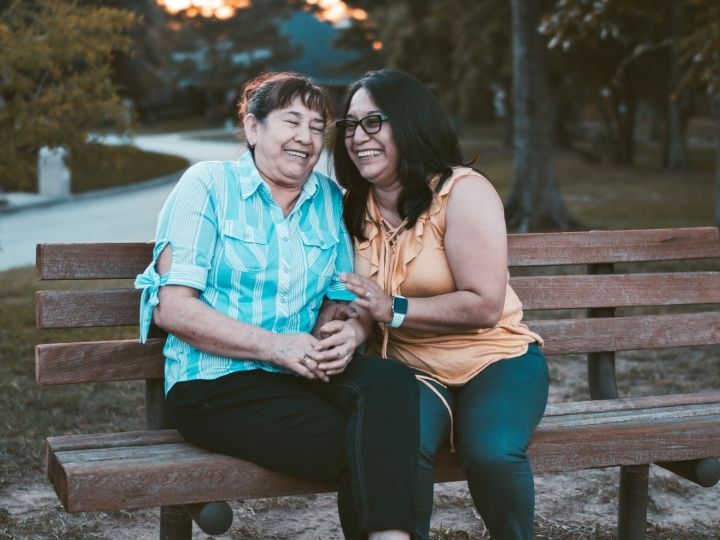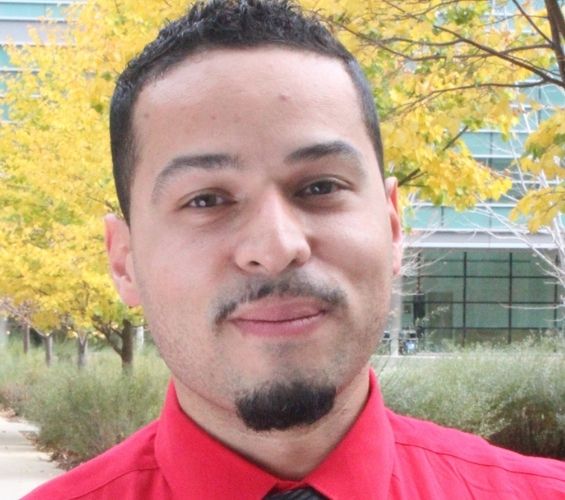

University of Houston arts student Ylei Gachupin lost her grandmother to dementia and other related diseases two years ago. She regrets not noticing the signs sooner.
“When we would visit her, she would always pinch our cheeks,” Gachupin said of the woman her family affectionately called “Meche.” “But then she just stopped. It was like, ‘oh, she’s a little different.’”
And now, so is Gachupin.
With a mission to raise awareness about brain health in the Hispanic community, she was one of nearly 30 aspiring writers from across Houston to compete in a one-day creative script writing “hackathon” hosted by the Jack J. Valenti School of Communication at the University of Houston. The goal was to develop a telenovela script, or Latin American soap opera, to inform Hispanics of all ages about dementia and Alzheimer’s disease.
“I thought that by participating, my story might be able to help others detect the signs sooner,” added Gachupin, who placed third in the competition.
The winning team from the hackathon will have their scripts produced into a telenovela by Valenti School students. The telenovela will air in a five-part series on Facebook in the spring.
Hispanics are 50% more likely to develop dementia or other related diseases than non-Hispanic white Americans, but only account for 1% of clinical trials studying Alzheimer’s disease, according to Luis D. Medina, assistant professor in the UH Department of Psychology, who led the hackathon with Valenti School Director Jen Vardeman. Latinos also live longer, develop symptoms earlier, are diagnosed at later stages and are less likely to be treated.
“Alzheimer’s has struck my family hard and, unfortunately, more than once,” said Medina, who leads the Engaging Communities of Hispanics/Latinos for Aging Research Network, the organization which sponsored the event. “With these telenovelas we hope to remove some of the stigma that surrounds these diseases in the Hispanic/Latino community and make it easier for families to have important conversations with their loved ones.”
Hackathon competitor Xavier Gascón, who lost his grandmother to Alzheimer’s disease, says despite the disease taking hold of her memory, she always recognized him. The heart tattoo on his arm with her name, “Luz Class,” is a permanent reminder of the once sassy and independent woman.“My greatest fear is getting Alzheimer’s. It’s like being kissed by death,” Gascón said. “We’re comprised of our stories, and we’re geared and designed to remember our familia. If you forget your familia they almost cease to exist.”
Last year, Medina received a $2.35 million grant from the National Institute on Aging to increase health literacy among Hispanics about brain health. Vardeman said it’s interventions like the Hackathon, built from the ground up by the community who live these realities, are essential for the advancement of health care.
“That’s why we wanted students and community members to be the ones to write the scripts. Plus, it’s an unparalleled way for aspiring screenwriters to gain experience and visibility. As health educators, we felt it was a win-win,” she said.